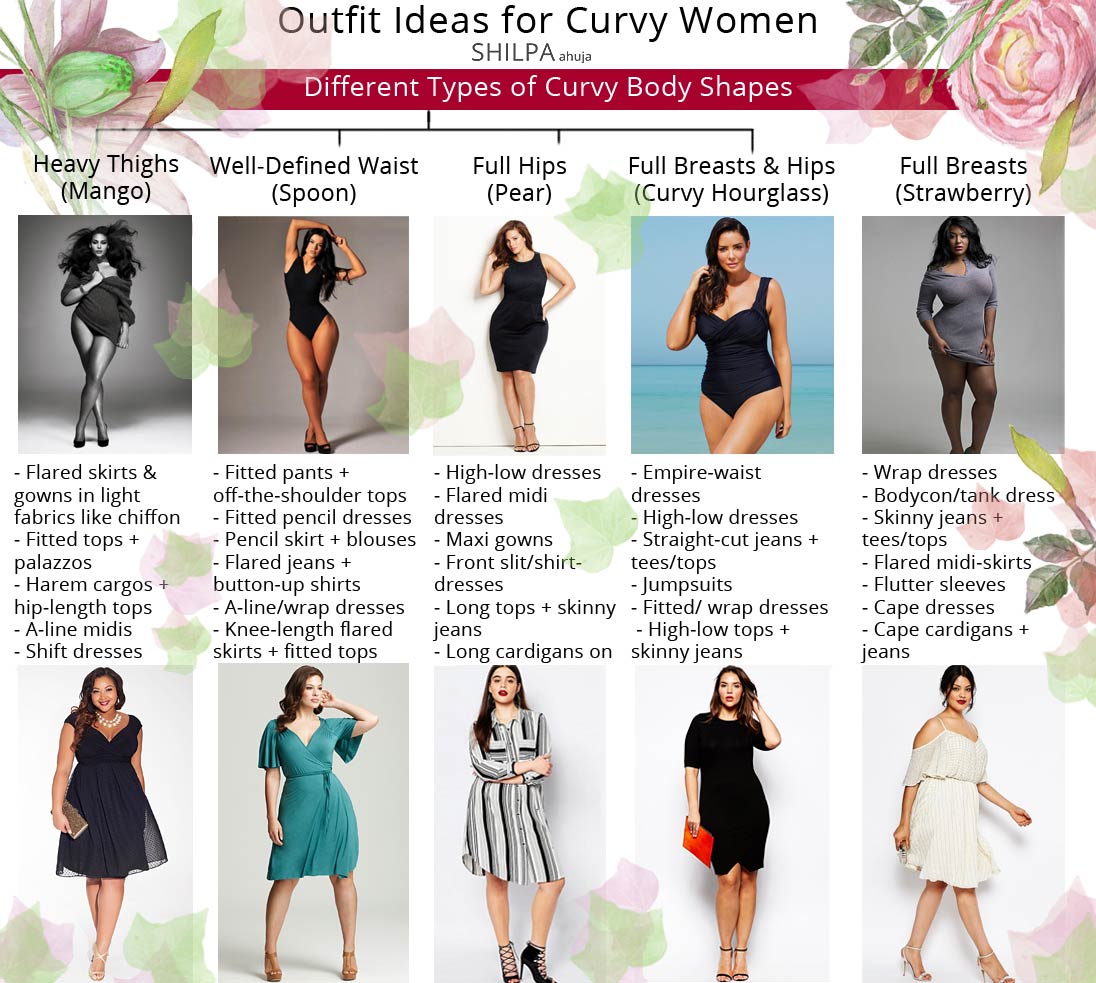Celebrating the Curvaceous Female Figure
The female form has been celebrated throughout history in various ways, and the curvy body shape, characterized by a full bust, a defined waist, and full hips, has held a prominent place in this narrative. What defines "curvy" can be subjective and fluctuate across cultures and eras, but its presence in art, fashion, and popular culture is undeniable.
From ancient fertility goddesses to Renaissance paintings and modern-day fashion icons, the curvaceous figure has often been seen as a symbol of femininity, fertility, and abundance. This appreciation for fuller figures has waxed and waned over time, influenced by societal trends and cultural shifts. In some periods, slenderness was idealized, while in others, curves were embraced as the epitome of beauty.
Understanding the historical context of the curvy body shape can help us appreciate its significance and challenge narrow beauty standards. The current body positivity movement encourages women of all shapes and sizes to embrace their bodies, fostering self-acceptance and promoting a healthier relationship with one's physical self. This movement acknowledges that beauty comes in diverse forms and that health is not solely defined by a specific body shape.
For women with fuller figures, navigating the fashion industry can sometimes present challenges. Finding clothes that fit well and flatter a curvaceous silhouette can require extra effort. However, the increasing availability of plus-size clothing options and designers catering to curvier body types is a positive development, reflecting a growing recognition and acceptance of diverse body shapes.
Embracing and celebrating a curvy body shape involves understanding its unique proportions and finding styles that accentuate one's individual beauty. This journey often begins with self-acceptance and recognizing the beauty inherent in one's natural form. It also involves making healthy lifestyle choices that support overall well-being, not just achieving a specific body ideal.
Historically, the fuller figure was often associated with health and prosperity. This perspective, while not necessarily aligned with modern medical understanding, highlights the historical significance of the curvy body shape in different cultures.
A woman with a curvy body shape typically has a noticeable difference between her bust, waist, and hip measurements, creating an hourglass or pear-shaped silhouette. For instance, someone with a 36-inch bust, 28-inch waist, and 42-inch hips would generally be considered curvy.
One benefit of a curvy physique is that it can be incredibly flattering in certain clothing styles. Wrap dresses, for example, accentuate the waist while highlighting the bust and hips. A-line skirts also work well by balancing the proportions. Additionally, well-fitted jeans can enhance the curves and create a stylish look.
Building a wardrobe that complements a curvy body shape involves choosing pieces that emphasize the waist and create a balanced silhouette. Experimenting with different styles and fabrics can help individuals discover what looks and feels best on them. Investing in a good tailor can also make a significant difference in ensuring clothes fit perfectly.
Advantages and Disadvantages of Having a Curvy Body Shape
| Advantages | Disadvantages |
|---|---|
| Often considered visually appealing and feminine | Can sometimes be challenging to find clothes that fit well off the rack |
| Can look stunning in certain clothing styles | May face societal pressure to conform to thinner ideals |
Best practices for dressing a curvy body shape include choosing supportive undergarments, opting for tailored pieces, and experimenting with different necklines and sleeve lengths to find what flatters your figure.
Challenges faced by women with curvy figures can include finding clothing that fits well, dealing with societal body image pressures, and navigating dating and relationships in a world often focused on thin ideals. Solutions involve embracing body positivity, seeking out supportive communities, and prioritizing self-care.
Frequently Asked Questions:
1. What is considered a curvy body shape? (Answered above)
2. How can I dress to flatter my curves? (Answered above)
3. Where can I find plus-size clothing options? (Many retailers now offer extended sizes, and specialized plus-size stores are increasingly available both online and in physical locations.)
4. How can I deal with body image issues? (Seeking support from therapists or counselors specializing in body image can be beneficial, along with engaging in self-care practices and joining body-positive communities.)
5. Are there health concerns specifically related to having a curvy figure? (It's important to focus on overall health and well-being through balanced nutrition and regular exercise, regardless of body shape.)
6. How can I embrace body positivity? (Focusing on self-acceptance, appreciating your body for its functionality and strength, and challenging negative self-talk are crucial steps.)
7. What are some style icons with curvy figures? (Many celebrities and influencers embrace and celebrate their curves, serving as inspiration for others.)
8. Where can I find more information about body positivity and self-acceptance? (Numerous online resources, books, and organizations offer support and guidance on body image and self-esteem.)
Tips and tricks for embracing your curves include experimenting with different styles, focusing on fit over size, and choosing colors and patterns that make you feel confident and beautiful.
In conclusion, the curvy female body shape has a rich history and continues to be a symbol of beauty and femininity. While navigating societal beauty standards and the fashion industry can present challenges, the growing body positivity movement empowers women to embrace their natural curves. By understanding your body shape, experimenting with styles, and prioritizing self-care, you can celebrate your unique beauty and radiate confidence. Embracing a curvy body shape is not just about fashion; it's about self-acceptance, self-love, and celebrating the diversity of beauty. Remember that beauty comes in all shapes and sizes, and your worth is not determined by your appearance. Focus on building a healthy relationship with yourself, both inside and out, and find joy in expressing your individual style.
Southeastern freight lines antioch tn a hub for regional commerce
Navigating your first night with a new leg tattoo
Harry potter fanfiction when harry has absolutely no filter














